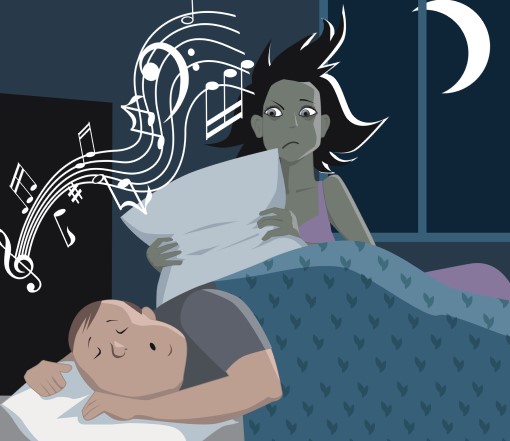
Can arthritis really cause snoring? – How it might and 10 things that can help
By Jason Wooden, PhD | October 20, 2022
While there’s little evidence arthritis can directly cause snoring, studies show that people with arthritis are more at risk for obstructive sleep apnea, a common cause of snoring. Among the other things to consider are weight, medication, and lifestyle. Regardless of the cause, it’s important to avoid a downward spiral of pain, poor sleep, anxiety, and depression.
If arthritis is causing you to snore, there’s more at stake than you think…
Arthritis all by itself is enough of a challenge given the pain and stiffness. Everyday tasks are all that much more harder whether it’s washing dishes or climbing stairs.
If your arthritis is also causing you to snore, that’s just one more thing to worry about.
It’s obvious how snoring can annoy and make it harder for a roommate to fall asleep. However, it may also affect the sleep of everyone even if it doesn’t wake them up.
That’s because intruding noise can arouse you out of a deep sleep into a lighter sleep. When that happens, you’re not getting as much of the restful sleep your body really needs to restore and replenish itself.
Waking up feeling tired and miserable isn’t the only price you’ll pay for the loss of sleep.
Sleep deprived people don’t think as clearly, have a harder time coping, and don’t perform as on the job. They’re also more irritable and short-tempered.
Relationships and intimacy can suffer.
Over time, a bedmate or roommate may become frustrated, resentful, and angry because of the endless snoring.
This can put a strain on even the strongest of relationships.
So, what’s got you thinking arthritis is the cause of your snoring?
Is it because it only started after you got arthritis or is it something you’ve heard?
Regardless of your reasons, you can see there’s a whole lot at stake for you and others if you’re now losing out on sleep.
Almost 50 percent of adults snore for various reasons at least occasionally. People with arthritis are more likely to experiences sleep problems, but are they also more likely to snore?
Let’s take a look at what we know, what else you think about, and what you can do about it.
Snoring isn’t the only way that arthritis may affect your sleep
Arthritis is what happens when you get inflammation or swelling in the joints of the body causing pain and making it harder to move. As many as 80% of people with arthritis have trouble sleeping.
The various ways it can affect your sleep include:
Pain effects on sleep
Did you know 20% of the world’s population deal with chronic pain every day and many struggle with insomnia? Whether it’s from arthritis or some other health issue, pain makes it harder to relax and fall asleep.
You may also wake up more frequently during the night as you toss and turn to get more comfortable. This can keep you out of the deep restorative sleep you need to wake up feeling refreshed
Medication effects on sleep
Are you taking corticosteroid, glucosamine, or chondroitin to manage your arthritis symptoms? Some common medications used to fight inflammation and joint pain can also cause insomnia.
Anxiety and depression
Stress, anxiety, and depression are among the most common challenges for sleep.
Would believe as many as 1 in 5 US adults with arthritis also experience anxiety or depression? Both can make it harder to fall asleep and stay asleep.
When it comes to pain and sleep, you can get into a vicious cycle since one can cause more of the other. Researchers have found poor sleep can lower your tolerance making you more sensitive aches and pain.
Likewise, the same is true for anxiety and depression since poor sleep can increase your risk for mental health challenges.
Can arthritis also cause you to snore?
It turns out sleep disorders are common in people with arthritis. This includes obstructive sleep apnea (OSA), one of the most common causes of snoring.
It happens when your airway relaxes too much during sleep and restricts the flow of air. This causes your breathing and sleep to be repeatedly interrupted throughout the night.
So, is there any evidence that arthritis can affect your breathing while asleep and cause you to snore?
One study found that the incident rate for OSA was 75% greater in people with rheumatoid arthritis than in those without the disease. Another study involving 101 patients at a rheumatology clinic found that OSA was prevalent in 37% of the subjects.
However, while there’s a link, it’s not known whether arthritis can DIRECTLY trigger snoring or sleep apnea.
While more research needs to be done, one way arthritis may cause or worsen snoring is that you’re sleeping poorly because of the pain or medications you’re taking. Being overtired and stressed is a known risk factor for snoring.
Other reasons besides arthritis you’re snoring
Are you really sure it’s the arthritis that’s causing you to snore?
People snore for all sorts of reasons. In fact, people tend to snore more as they get older, most likely due to changes in the body.
Among the causes and risk factors to consider are:
Weight – snoring is more common in overweight or obese people
Alcohol, sedatives – they relax muscles in the airway causing obstruction and snoring
Soft palate, enlarged adenoids, tonsils, or tongue – abnormalities may block the airway
Health – allergies and colds can cause nasal congestion
Regardless of whether you’re snoring because of arthritis or something else, you really need to do something about it
You may suspect you’re snoring because of arthritis or one of the other things I listed. Regardless of the cause, you need to do something about it, especially if you’re sleeping poorly.
Besides annoying a bedmate or roommate, I’ve already mentioned how snoring can rob you and others of deep sleep even if you’re not awakened.
If you’re snoring because of obstructive sleep apnea, that’s a more serious health risk than most people realize. It can turn you into a sleep-deprived zombie and increase your risk for life threatening health complications such as obesity, diabetes, and heart disease.
So, you really want to get to bottom of things and take action sooner rather than later.
Among your options are:
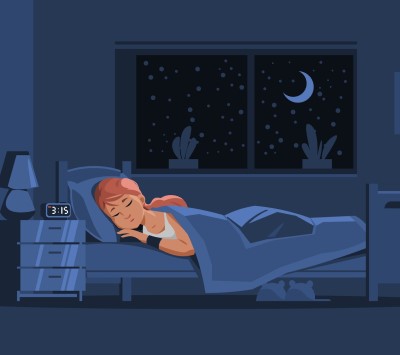
1) Improving your sleep hygiene
It should be no surprise it’s at the top of the list. It’s important you’re making the best of your sleep opportunities so to help you avoid the downward spiral of pain, poor sleep, snoring, and depression or anxiety.
Start with sleep hygiene, the everyday habits that can set the stage for restful sleep.
For better sleep hygiene, sleep experts suggest you:
- keep consistent wake up & sleep times
- avoid naps
- exercise during the day
- avoid large meals, alcohol, or stimulants such as caffeine before bedtime
- maintain a regular bedtime routine
- avoid using TVs, laptops, or other electronics before sleep
- keep your bedroom dark, cool, quiet, & relaxing

2) Pain management
Speaking of making the most of your sleep opportunities, be sure you’re doing everything you can to keep your arthritis symptoms from ruining your nights.
Other things besides medications that may help with your pain management include physical activity, trying an anti-inflammatory diet, acupuncture, turmeric, essential oils such as lavender and peppermint, psychotherapy, and music therapy.
Learn more:
How I’m using turmeric curcumin for inflammation, pain, and better sleep
20 Pain remedies worth a try for sleep apnea sufferers
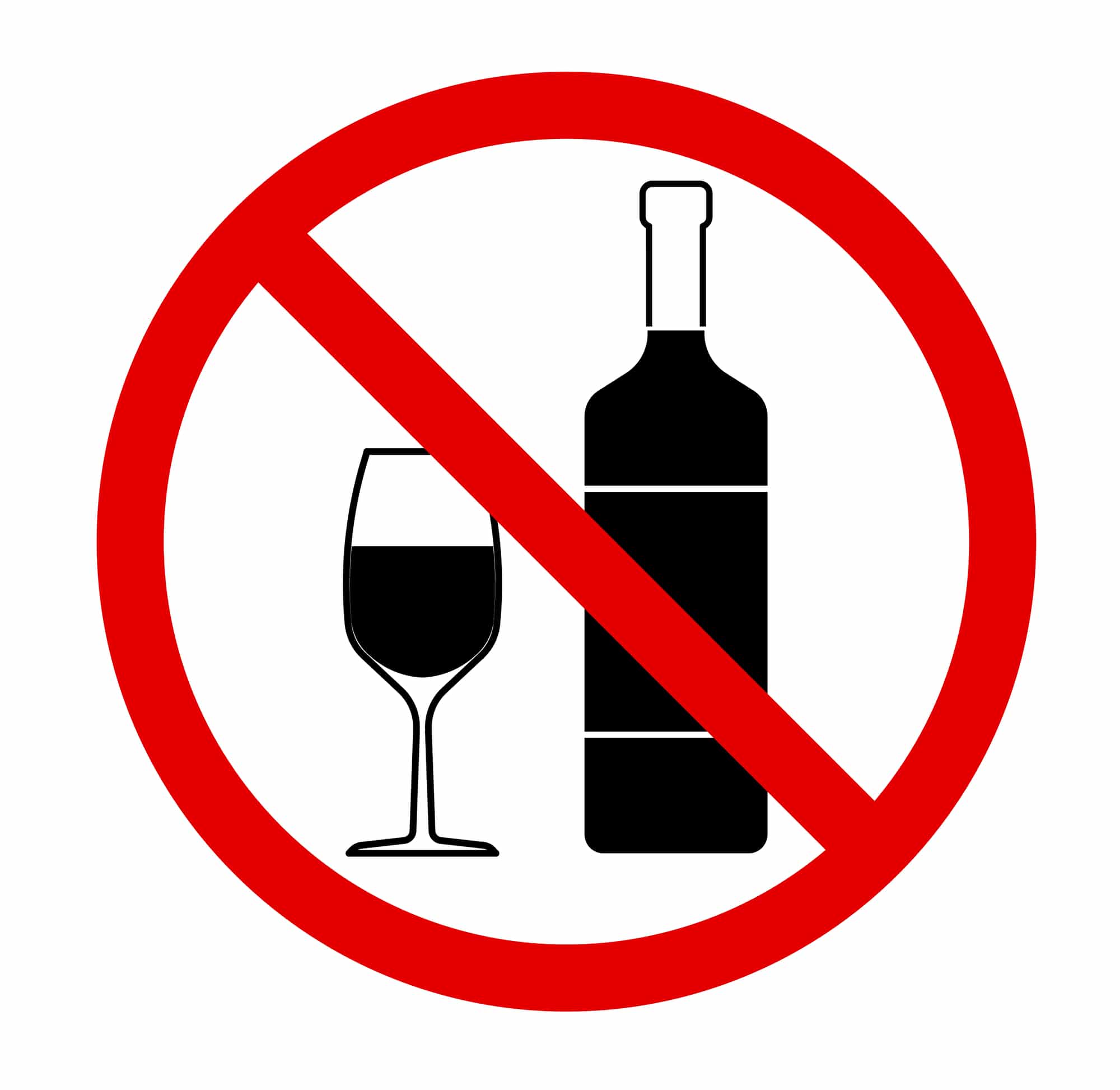
3) Avoiding alcohol
Alcohol relaxes muscles in the throat which can increase your risk of snoring. You may need to reduce your alcohol consumption and avoid drinking in the evening.

4) Adjusting your medications
Any meds that relax the muscles in your throat and airway can make snoring worse. This includes sedatives and muscle relaxants used for other health issues.
Ask your doctor about your options.

5) Try sleeping on your side
Over half of obstructive sleep apnea cases are due to sleep position. Snoring is often worse when sleeping on your back.
Sleeping on your side or stomach can help keep your airway more open. If you’re not a natural side sleeper, there’s now positional therapy devices designed to help retrain your body.
Learn more:
What is positional therapy?
The latest positional therapy devices
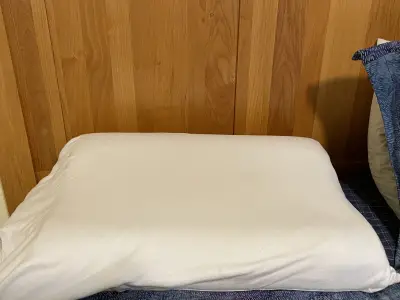
6) An anti-snoring pillow
These pillows are designed to prevent snoring by realigning your head and neck so that your airway is kept more open. They may be most effective for mild snoring.
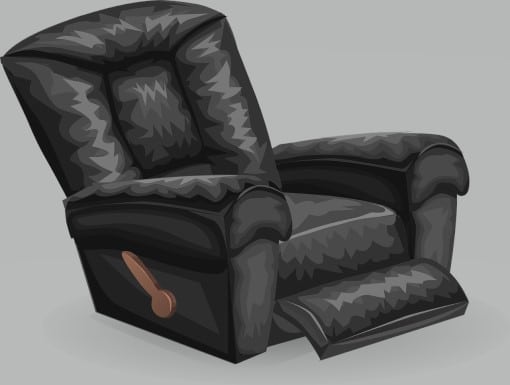
7) Try sleeping upright
Recent research suggests that elevating your head may help improve sleep apnea symptoms and snoring.
Depending on your sleep apnea type, symptom severity, and other factors, there are different ways you can do this – sleeping in a recliner, wedge pillows, and adjustable beds.

8) Weight loss
Excess body weight has been linked to snoring. The extra fat in the throat and neck can narrow the airway and affect your breathing.
Experts say that losing 10% of your weight can lead to a 20% improvement in OSA symptoms. Losing weight can ease arthritis pain.
Learn more:
How weight loss can help with sleep apnea and snoring
Healthy weight loss tips

9) Seeing a sleep specialist
If you’re not sure whether you’ve got sleep apnea, it’s a good idea to see a sleep specialist and get diagnosed. You don’t want to live with untreated sleep apnea.
A sleep specialist can help you find a sleep apnea treatment that works for you.
Learn more:
What is sleep apnea?
What to try if CPAP doesn’t work out for you
Do you have sleep apnea?
- Pauses in breathing while asleep
- Choking, gasping, or snorting sounds
- Loud snoring, although not all people who snore have sleep apnea
- Dry mouth or sore throat
- Difficulty staying asleep
- Waking up frequently to urinate
- Morning headaches
- Fatigue during the day
- Excessive daytime sleepiness
- Irritability or mood swings
- Attention, memory, or learning problems
Source: American Academy of Sleep Medicine

10) Checking for other underlying causes
There are many other things besides arthritis that can cause snoring and worsen your sleep.
Asthma, allergies, acid reflux, kidney disease, cardiovascular disease, chronic pain, and diabetes can keep you up at night. Prescription drugs, anxiety, and depression can also cause or worsen sleep issues.
A doctor can help you identify and work through any of these underlying issues that may be making your nights harder.
You may also be interested in:
SNORING:
Can snoring cause a nose bleed?
Can snoring cause a sore throat?
Will snoring stop after pregnancy?
Is sleep apnea bad? – 5 ways it can wreck your life
HELP FOR PAIN:
Joy Organics CBD for pain and better sleep
How I’m using turmeric curcumin for inflammation, pain, and better sleep
What to do if shoulder pain is keeping you from sleeping on your side
Can pain make sleep apnea worse
How to Go to Sleep When Pain is Keeping You Awake – 8 Natural Alternatives That Can Help
Sources:
1. Why Do People Snore?, Johns Hopkins Medicine
2. Arthritis, NIH Website
3. Sleep and Pain, Arthritis Foundation website
4. Insomnia Co-Occurring with Chronic Pain: Clinical Features, Interaction, Assessments and Possible Interventions, Rev Pain. 2008 Sep; 2(1): 2–7.
5. 10 Types of Meds That Can Cause Insomnia, 2013, AARP website
6. The Arthritis-Mental Health Connection, CDC website
7. Risk of obstructive sleep apnoea in patients with rheumatoid arthritis: a nationwide population-based retrospective cohort study. BMJ Open. 2016; 6(11): e013151.
8. Frequency of sleep disorders in patients with rheumatoid arthritis. Open Access Rheumatol. 2019; 11: 163–171.
Connect with us:
About Us
Better Sleep Simplified® was founded as a place for you to get clear and well-researched information.
Our goal is to make sure you know about your options so that you take action sooner rather than later.
Check us out on YouTube:
Watch and Learn
Helpful sleep tips, interesting sleep facts and statistics you want to know about
Affiliate Disclosure
This site is a participant in the Amazon Services LLC Associates Program and other affiliate advertising programs designed to provide a means for sites to earn advertising fees by advertising and linking to them.
Important: BetterSleepSimplified.com is for informational purposes only and is not intended or implied to be a substitute for professional medical advice, diagnosis, or treatment. Always consult a physician for sleep and health concerns. See additional information.
